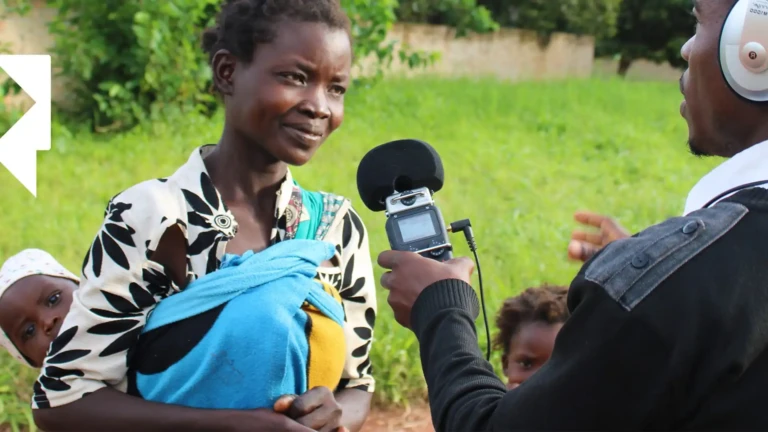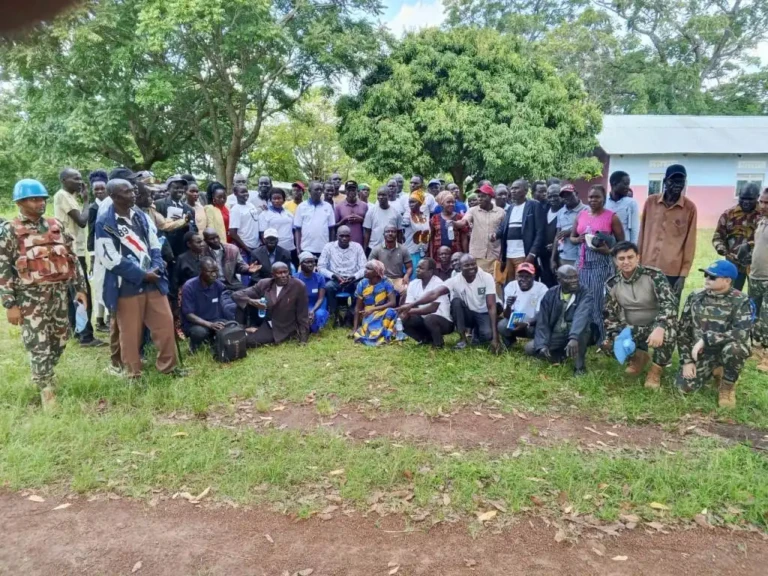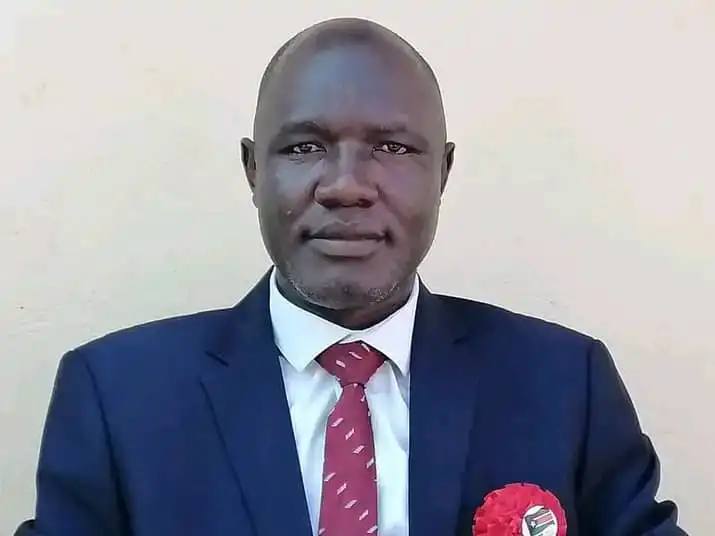
(Tore) – A severe water crisis is affecting thousands of residents in Tore Payam, located in Yei River County of Central Equatoria State, South Sudan.
Most boreholes, once a vital source of clean drinking water, have broken down, forcing residents to rely on open wells and nearby streams and raising serious concerns about public health and access to safe water.
Monika Rose, a resident of Angebi village, described the situation as desperate. She said most boreholes drilled before the outbreak of the 2016 conflict are no longer operational. As a result, locals have been left with few alternatives, often collecting water from exposed sources that are prone to contamination.
“Most of the boreholes we depended on stopped working years ago. Now, we get water from shallow wells or rivers, which are not safe,” she said. “When it rains, the water becomes dirty and easily contaminated. But we have no choice.”
Monika urged the government and humanitarian agencies to assist by either repairing the old boreholes or drilling new ones to help meet the urgent needs of her community.
A similar appeal came from Awadia Khamisa in Goli Boma, who said that the few boreholes still producing water give out brownish, murky water that is not suitable for drinking.
“The water is dirty, and it’s not safe for our families. We need help urgently,” she said.
The situation has been compounded by the lack of humanitarian assistance in Tore since the outbreak of violence in 2016. Hassan Malish, a resident of Tore town, emphasized the burden placed on women and girls who walk long distances daily to fetch water, often under risky conditions.
“The struggle is real here. Women and girls are at great risk just trying to get water,” he said. “It’s time for the authorities and NGOs to take action. We’re suffering in silence.”
Jackson Sebit, the executive director of Tore Payam, confirmed that the water crisis affects nearly all the Bomas in the area.
“Most boreholes are no longer functioning, and this is true for the entire Payam,” he said.
He added that while he has reported the problem to the Directorate of Water in Yei, there has been no response or intervention so far.
Sebit also noted that some former residents who had fled due to conflict are now returning home but find their villages uninhabitable due to the lack of clean water.
At the county level, Muni Cicilia, director of water and sanitation in Yei, acknowledged receiving complaints from Tore’s local leadership. She confirmed that her office had officially forwarded the concerns to the county executive for intervention.
“I have communicated this to our executive team. In the meantime, I advise residents to boil drinking water to reduce the risk of waterborne diseases,” Cicilia said.
She also appealed to non-governmental organizations working in the region to prioritize the issue, even as many cite lack of funding. “We’ve reached out to our NGO partners, but they say they don’t have the resources. Still, we hope they will support the government in bringing water access to rural Payams like Tore.”
Tore Payam, located about 72 kilometers (approximately 45 miles) northwest of Yei town, borders Maridi County in Western Equatoria. The Payam is one of the largest in Yei River County but remains largely isolated and underserved, with limited access to basic services such as healthcare, education and clean water.
Discover more from Access Radio Yei News
Subscribe to get the latest posts sent to your email.





